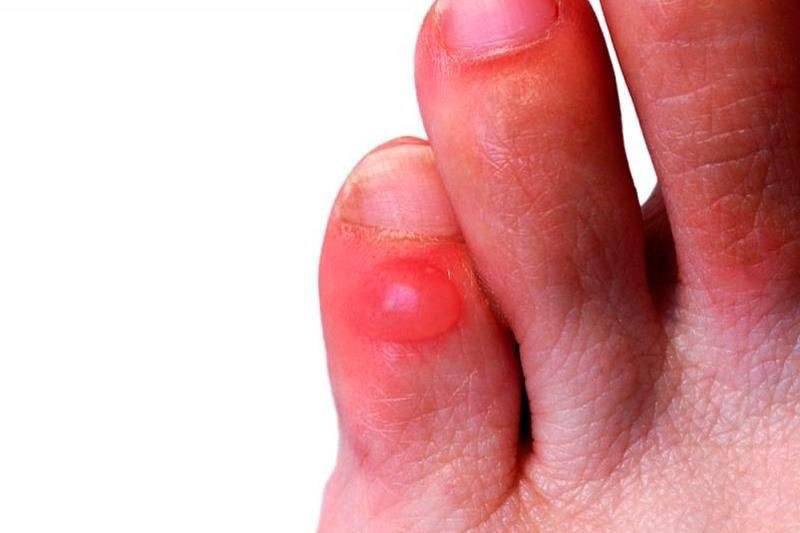Your advice regarding caring for watery calluses and soft calluses makes sense in the overall context of skin care. However, it is important to remember that each case will be different and recommendations may vary depending on your specific situation. Here are some general recommendations:
Water calluses:

Intervention is not always necessary. Sometimes they can heal on their own without further action.
Hydrocoloid patches can help speed up the healing process by forming a protective film over the callus and reducing friction.
If a water blister accidentally bursts, it is important to keep it clean and prevent infection by using a germicidal patch and maintaining good hygiene.
Soft calluses:
Regular disinfection can help prevent infection. Using rubbing alcohol or an antiseptic like Miramistin may be helpful.
Silicone protectors can help reduce friction and discomfort.
It’s important to remember that if you have calluses or other skin problems that are bothersome or don’t heal for a long time, it’s best to see a doctor or dermatologist. They will be able to give specific recommendations and, if necessary, provide professional treatment.